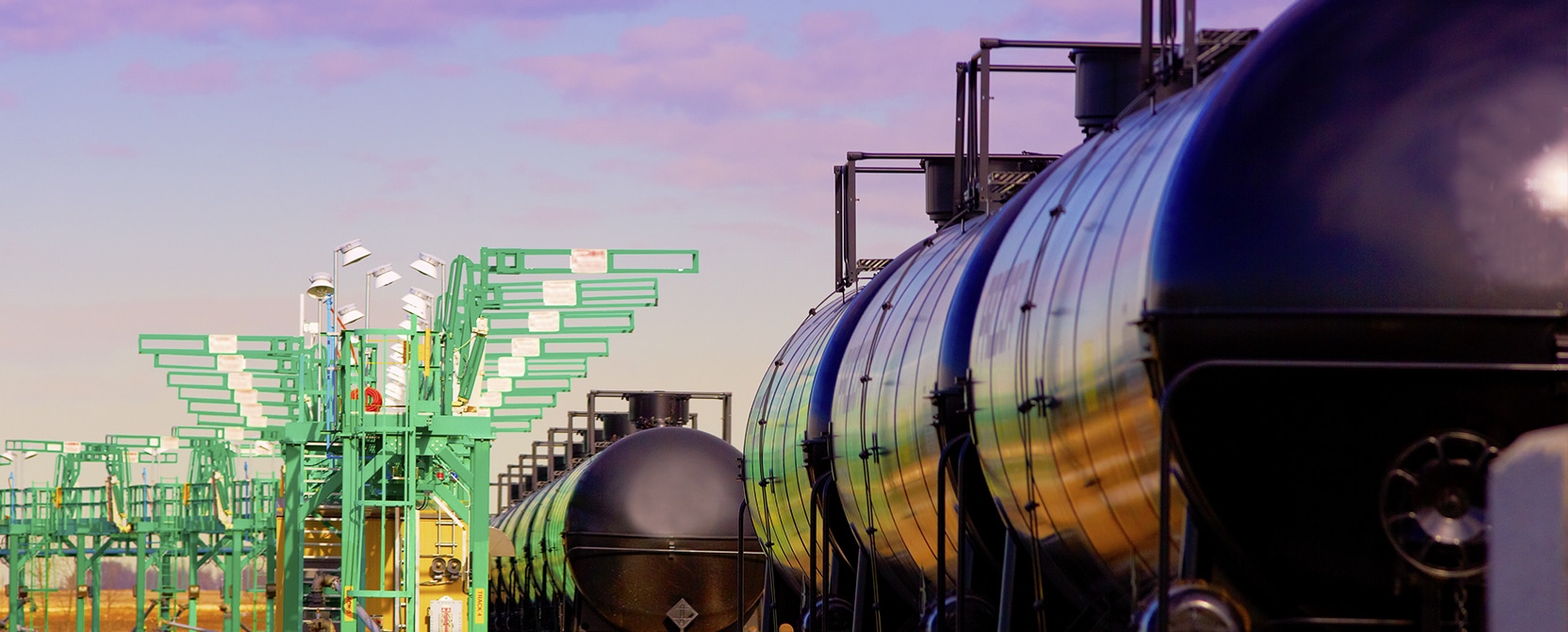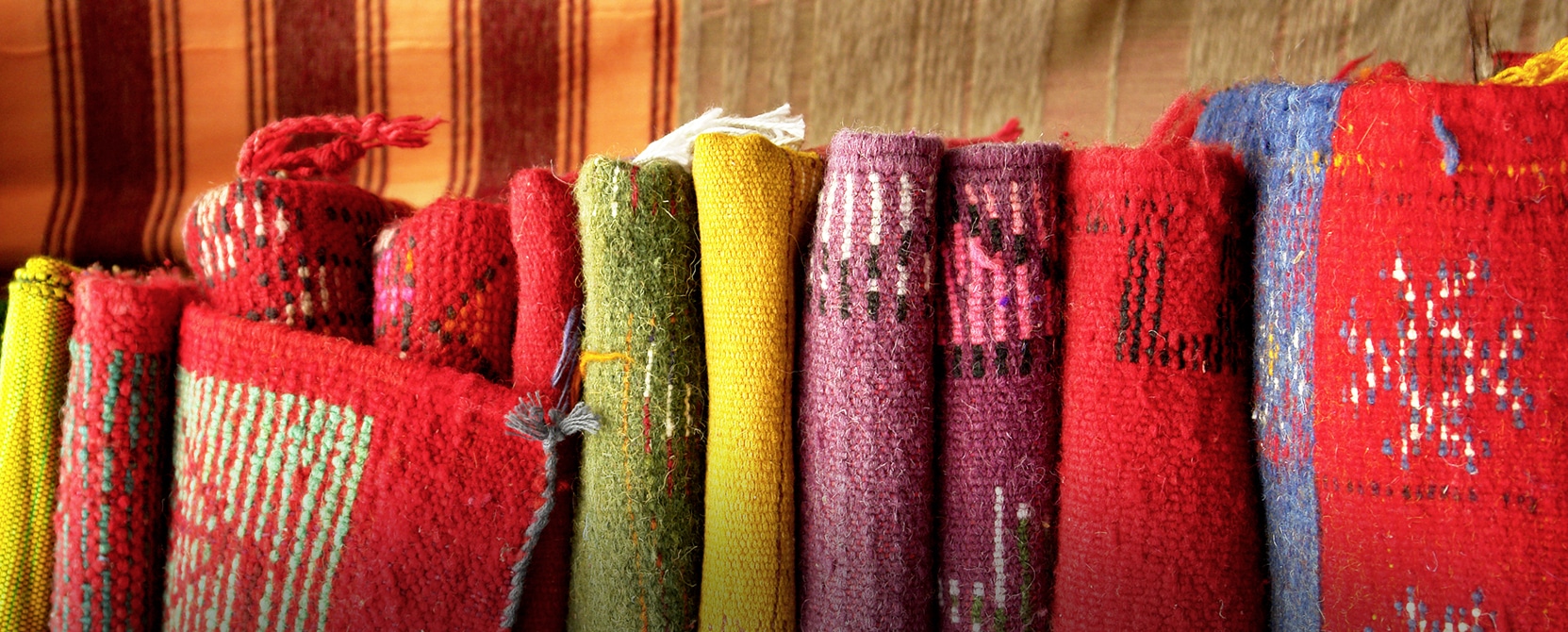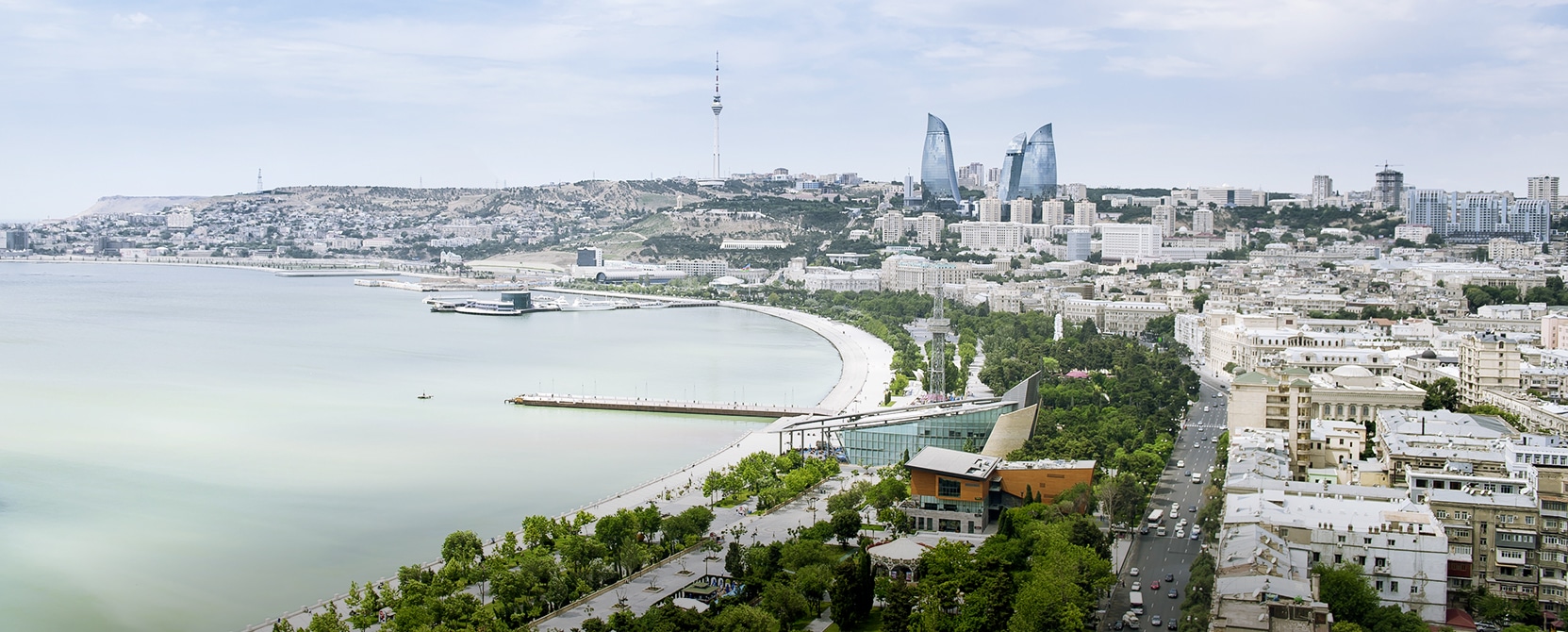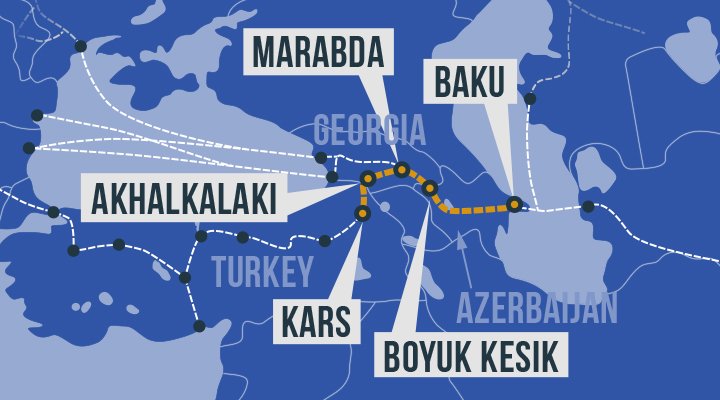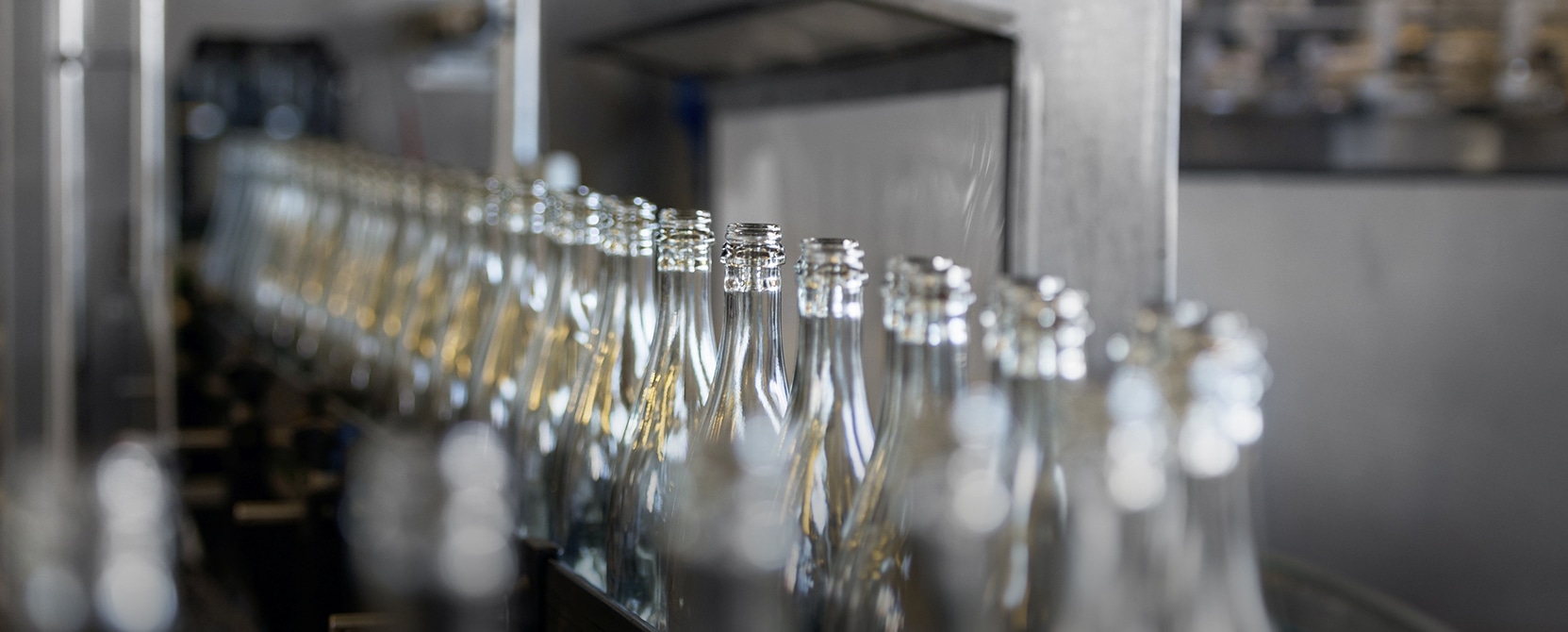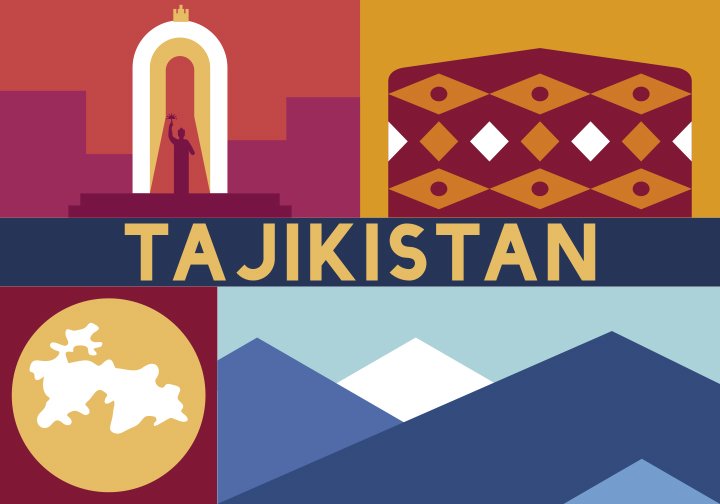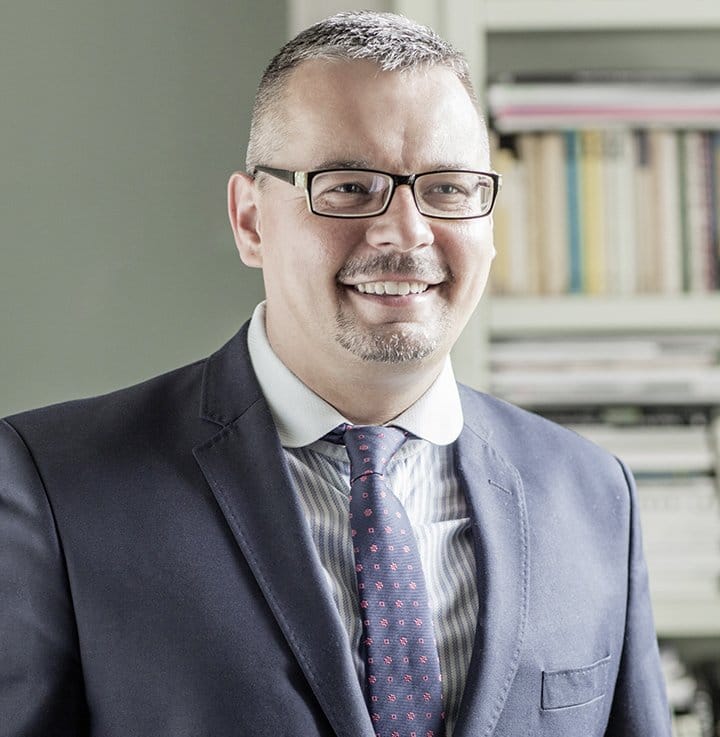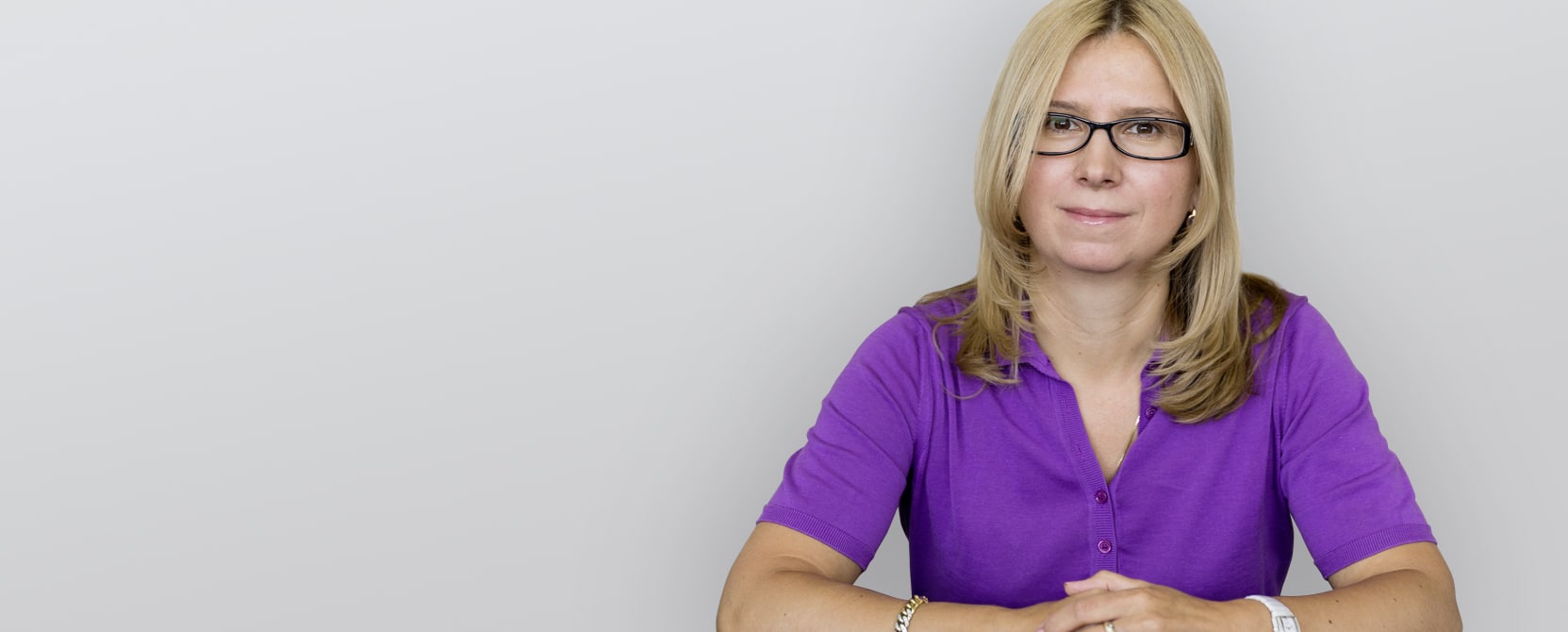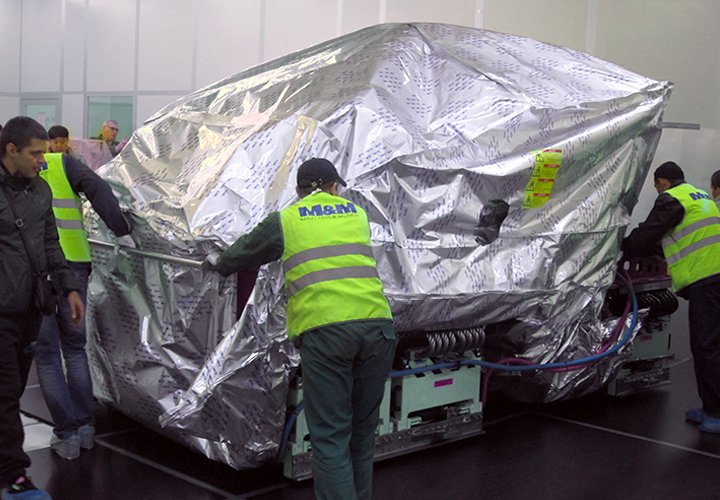Russia is not only the largest country in the world by surface area, it also shares land borders with 14 neighboring states – unique factors that come with special challenges for the team of Militzer & Münch Russia. Marina Dshegrij told us how the employees master them, how the new US sanctions on Russia impact the business, and the objectives Militzer & Münch Russia is pursuing. Marina Dshegrij is Managing Director of Militzer & Münch Russia. She has been with the company since 2010.
What did you do before you joined Militzer & Münch? What made you choose the logistics sector as your profession?
I was with logistics services provider Schenker RUSSIA for 15 years. Directly after graduating from university, I began working there and was soon promoted from an employee position in operations to deputy director. I have always known what field I wanted to work in. My father was in logistics, too, so I could not have imagined myself working in any other job.
What is the biggest challenge in your position?
One of the challenges is to accurately predict the market behavior. We have to keep an eye on the continually changing industry and develop a suitable strategy for our company. What is important today may be obsolete tomorrow. Doing business in times of stagnation or of sinking market activities is a challenge for staff and management. We have to invest the profits we generate wisely in the future of our company.
Internationally, the logistics industry is more or less a male domain. What are your experiences as a woman in your position in this sector?
I feel good. Nowadays, women hold leading positions in governments. Thus, women in management are not so exotic any more.
What are the main projects implemented in the 2017/18 business year?
We are introducing new software. At this time, this is our top priority.
It will improve our attractiveness in the market and increase productivity.
“We regularly organize the complete delivery of big production lines – we offer our customers all services from planning to operative implementation.”
Marina Dshegrij, Managing Director Militzer & Münch Russia
What are the main industries Militzer & Münch Russia is working for?
We are active in numerous sectors. Our most important customers come from the automotive industry, from consumer goods production, equipment goods and microelectronics.
Are there any unique selling points that Militzer & Münch can boast and that maybe even distinguish Militzer & Münch from the competition?
Apart from services in transportation, warehouse logistics and customs clearance, we are also highly active in the field of project transports. We regularly organize the complete delivery of big production lines – we offer our customers all services from planning to operative implementation. Moreover, we have many years of experience in the transport and storage of highly sensitive equipment in so-called clean rooms. For numerous sports associations, we transport equipment to competition sites. Another point that distinguishes us additionally is our internal travel agency. It allows us to offer our customers an almost complete service-portfolio – from one source from the transport of goods to arranging a business trip.
The USA has decided to impose new sanctions against Russia. In your opinion, does this impact the transport business of Militzer & Münch?
The sanctions impact the situation in Russia: investments from the West decrease, the share of investments from the South East increases, the market re-orients itself, for instance towards domestic production. Of course, all this affects diverse industries and also the transport logistics sector. We are aware of these changes and try to adapt quickly to the new conditions.
Russia is the largest country in the world by surface area and an extremely vast country. What challenges does this entail for goods transports?
The Russian Federation extends from west to east over 10,000 kilometers, from north to south over 4,000 kilometers. The entire country covers an area of more than 17 million square kilometers and spans eleven time zones. Advanced traffic infrastructure is not available at all locations, which creates differences in the goods flow in different parts of Russia. We have to always know exactly when, how and by which transport mode the goods can be transported to the region in question. This adds to the workload and impacts delivery dates and costs. The demands on logistics are constantly rising – yet those are challenges we like to meet.
Russia shares borders with 14 neighboring states, with China being one of them. Does this entail advantages for the logistics sector?
The proximity to many other countries is of course propitious to goods exchange – our main focus however is on the further development of the transit goods flows through Russia. Owing to our infrastructure – the quality of ports, airports and roads as well as the complexity of border and customs clearance – we are not able to fully tap the potential at this time. But we are already registering positive developments.
What countries and regions does Militzer & Münch Russia have especially close business relations with?
The largest goods flows come from Germany and China. This is also mirrored in the official statistics on the trade between the countries. Goods turnover between Russia and China accounts for 14 percent, between Russia and Germany for eight percent of the country’s entire goods turnover. Accordingly, our business relations with Germany and China are very intensive.
What are your objectives for Militzer & Münch Russia?
To me, it is important for Militzer & Münch to remain a successful, dynamically developing entity. I am aware of the great responsibility I have for our 300 employees. Our customers, but also our staff, are to feel well cared for and look to the future with confidence.
